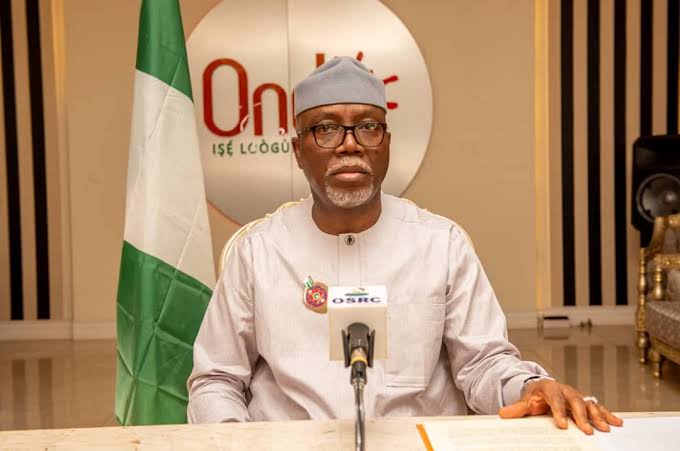Ondo Government Approves Death Sentence for Kidnapping, Moves to Strengthen Security, Infrastructure
The Ondo State Government has approved the implementation of the death penalty for individuals convicted of kidnapping, as part of a broader effort to stem the tide of insecurity and violent crimes in the state.
The decision was reached during the latest State Executive Council meeting held in Akure and presided over by Governor Lucky Aiyedatiwa. The Attorney General and Commissioner for Justice explained that the new measure is aimed at tackling the rising menace of kidnapping and cult-related violence that has continued to threaten public safety and order.
He noted that necessary legal frameworks were being fine-tuned and that a proposal would soon be sent to the House of Assembly to formally enshrine capital punishment for kidnapping into law. He also revealed that any structure used as a base or hideout for kidnapping operations would be demolished as part of the state’s comprehensive crackdown.
READ ALSO: Post-Fire Rebirth: Kano Gov Unveils N2 Billion Revamp Plan for GSM Market
In addition to security matters, the State Executive Council approved two major road construction projects aimed at improving access and enhancing infrastructure across key communities. The first project involves the construction of a nearly 25-kilometre road linking rural settlements to the Igbokoda Jetty. The second, a 6.7-kilometre stretch, will connect Supare Junction through Akungba to Ikare Road. Both projects are to be equipped with drainage systems, pedestrian walkways, solar-powered streetlights, and traffic lights to ensure safety and durability.
The government also announced plans to install 6,000 solar-powered streetlights across the three senatorial districts of the state, with each zone expected to receive 2,000 units. The move, officials say, is part of a wider effort to improve security and night-time visibility in communities vulnerable to criminal activities.
On the public health front, the Special Adviser on Health disclosed that the state has intensified efforts to curb the spread of Lassa fever. He stated that testing, surveillance, and referral systems have been enhanced to ensure faster detection and treatment of suspected cases, with a renewed emphasis on public awareness and inter-agency collaboration.
READ ALSO: 2027: Akpabio Predicts Rivers, Bayelsa Governors Will Join APC After Umo Eno’s Defection
The Council also addressed traditional leadership issues, particularly in Okeigbo, where it approved the appointment of Warrant Chiefs to initiate the process of selecting a new Olu-Oke. This follows a court decision that nullified the selection of the previous monarch. Similarly, a new title for a traditional ruler in Ilaje Local Government was approved after extensive consultations with the affected community.
The Special Adviser on Union Matters and Special Duties reaffirmed the administration’s commitment to traditional institutions, noting that royal fathers play a vital role in maintaining peace, mediating communal conflicts, and supporting grassroots development.
Governor Aiyedatiwa assured residents that the state government remains determined to ensure law and order while improving infrastructure and promoting inclusive governance. He emphasised that these decisions were taken in the best interest of the people and to ensure that no part of the state is left behind in the developmental agenda.




